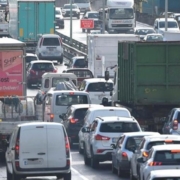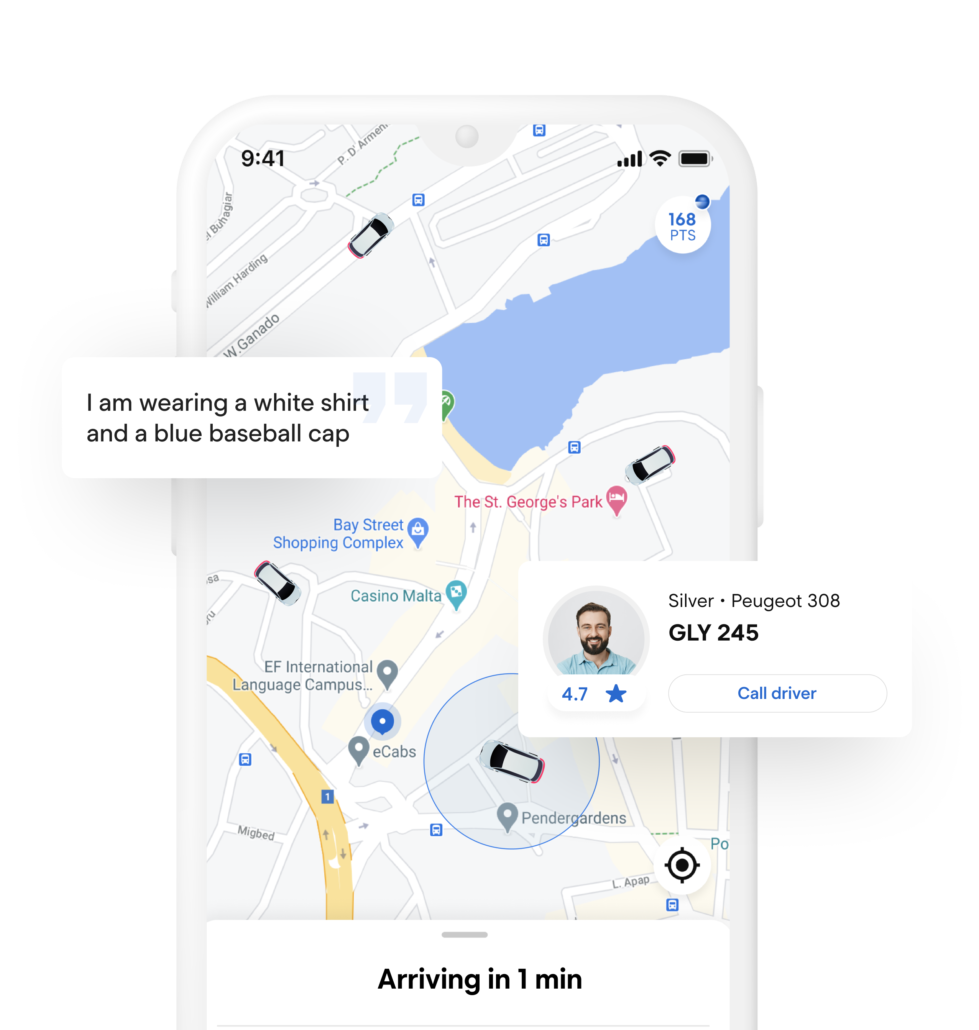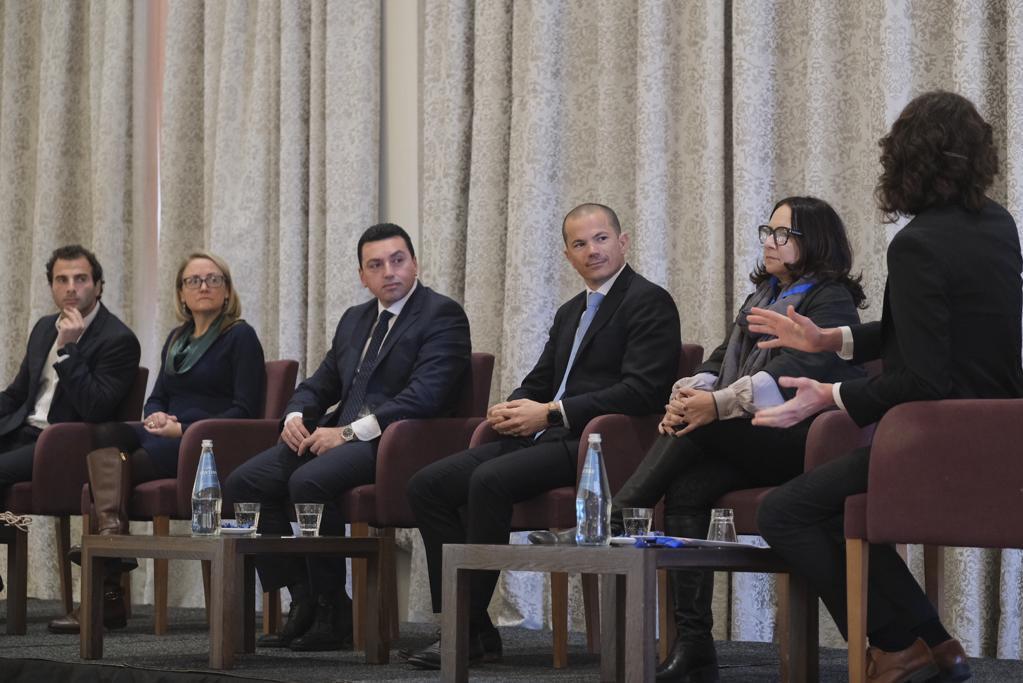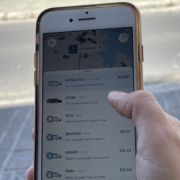Why you should make Malta your home in 2024
There are plenty of reasons why you should make Malta your home in 2024. In this blog, we outline a few of the most interesting ones.
Quality of life
If you decide to live or work in Malta, get ready to embrace its unique way of life. The Maltese Islands, made up of Malta and Gozo, boast of a lot of positives.
For starters, by and large, it is possible to maintain a good work-life balance and have the time to dedicate to your passions or hobbies.
There are few countries where you can take a dip in the beautiful Mediterranean Sea pretty much from late April to early November (some people are even found swimming in December or even after!)
Dining al fresco is also possible most months out of the year. Although large parts of the island are built-up, there are still places where you can go picnicking, running or hiking during the cooler periods.
Malta offers a high standard of living that is hard to beat. The island has a mild Mediterranean climate, with warm summers and mild winters, making it an ideal location for outdoor activities year-round.
Malta is also known for its beautiful beaches, clear blue waters, and stunning landscapes, which attract tourists from around the world.
Strong economy and high safety
Malta is a member of the European Union and the Eurozone and it uses the Euro as its currency. The country has a low unemployment rate and a high GDP per capita. Crime levels are also relatively low.
As for living costs, we are not saying that Malta is a ‘cheap’ place to live in, but it is generally possible to live well within your means, making it an attractive location for those who would like to save money while still enjoying a good standard of living.
The cost of living in Malta is relatively lower than in several other countries in Europe. If you have a decent salary, you should not only be able to live, but live reasonably well.
The rental market is diverse and the price of rental properties is dependant on where you decide to live, and what kind of housing you are looking for.
Malta’s public transport has been free of charge for all residents since the 1st of October 2022.
The ‘Tallinja Card‘ is required to be able to travel for free on a bus. You will need to tap your card on the ticketing machine every time you board a bus.
Another option is to use ride-hailing services such as eCabs of course! The eCabs App is available for both iPhone and Android users.
Malta’s thriving technology industry
Over the past decade, Malta has become a hub for the technology sector, attracting startups, multinational tech companies, and investors from around the world.
The island boasts a highly educated workforce, with many locals fluent in multiple languages. As a result, Malta has a thriving tech sector that continues to grow year after year.
As a tech professional, you will find that Malta’s community is particularly welcoming to those in the industry. The island has a vibrant tech scene, with numerous events, meetups, and networking opportunities throughout the year.
If you attend these tech industry events, you can connect with other tech professionals and expand your network, both locally and internationally.
eCabs headquarters in Malta
Choosing to relocate to Malta not only opens doors to professional growth but also provides the opportunity to embrace a fulfilling lifestyle in a charming and culturally rich setting.
If you are looking for a new challenge in a dynamic and innovative tech mobility company, while working in a beautiful island nation with a rich history and culture, eCabs Technologies is the place for you, says eCabs Technologies’ Head of HR Tracy Vella.
“We are looking for talented and passionate professionals who share our vision of transforming the way people move and travel. As a member of our team, you will enjoy a competitive salary and benefits package, a friendly and supportive work environment, and the opportunity to relocate to Malta, one of the most attractive destinations in Europe.
“At eCabs Technologies, we value our employees and their wellbeing. We organise regular events and activities to foster team spirit and social interaction. We also have a strong company culture, based on our core values of innovation, excellence, and customer satisfaction. You will work with team members who are experts in their fields and who are always ready to help and collaborate.”
We are very proud of our multi-diverse, talented team. If you fit our criteria, hopefully we will be seeing you soon!














